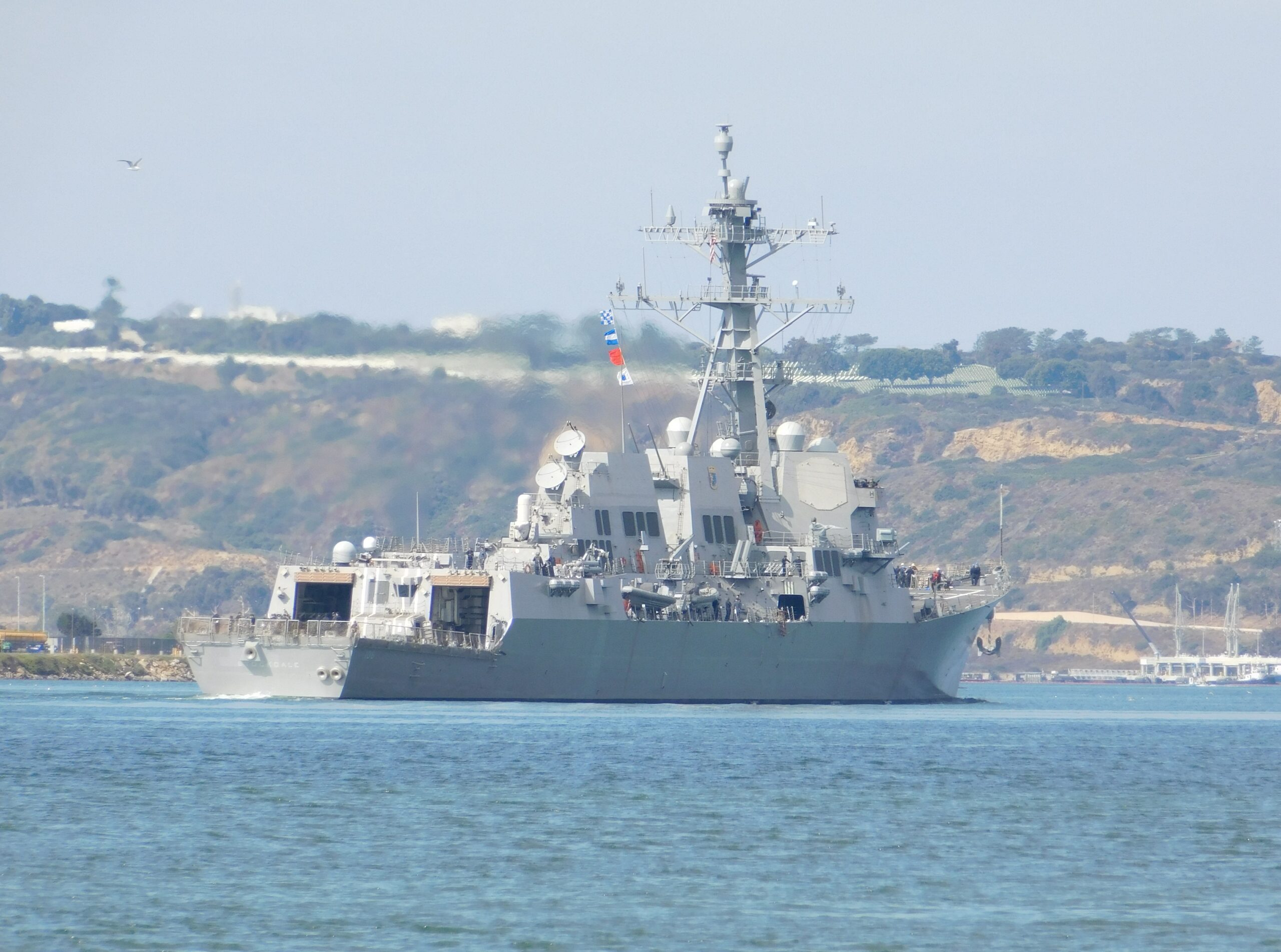This post is also available in:
 עברית (Hebrew)
עברית (Hebrew)
Amid the recent escalation between Israel and Iran, an Iranian state-owned bank has reportedly fallen victim to a disruptive cyberattack, carried out by the hacker collective known as Gonjeshke Darande, or “Predatory Sparrow.” The group, which has been previously linked by cybersecurity experts to high-impact attacks in Iran, claimed responsibility via social media for compromising Bank Sepah’s systems and erasing sensitive data.
The group backed their actions by explaining that the bank is financing Iran’s military activities. The timing of the incident is just days after the beginning of the “Rising Lion” military campaign, launched by Israel on June 13th, which included targeted strikes on strategic infrastructure in Iran by Israel and missile attacks towards Israel by Iran.
Bank Sepah’s website was inaccessible on Tuesday, June 17th. Multiple reports from Israeli outlets noted that customers were experiencing difficulties accessing their accounts, suggesting a disruption in the bank’s online services.
According to Reuters, Gonjeshke Darande has built a reputation for highly sophisticated cyber operations. In 2022, the group claimed responsibility for a cyberattack on an Iranian steel facility that led to a massive fire—an operation described by experts as having the hallmarks of state-level cyber capabilities. In another high-profile incident in 2021, the group was linked to a widespread cyberattack that crippled fuel distribution across Iran.
Commenting on the broader implications, former NSA cyber chief Rob Joyce explained that such attacks could have significant financial and psychological consequences. “Disrupting the availability of this bank’s funds, or triggering a broader collapse of trust in Iranian banks, could have major impacts there,” he noted in a post on X.
The incident underscores the growing role of cyberwarfare in regional conflicts, where the digital battlefield now rivals the physical one. As Iran continues to launch costly missile attacks against Israel, disruptions to its financial systems could significantly undermine its war-funding capabilities. Interruptions to money transfers, salary payments for military personnel, and the flow of funds to proxy forces or from foreign allies could tighten the financial noose around the Islamic Revolutionary Guard Corps (IRGC), complicating Iran’s ability to sustain its regional aggression


























